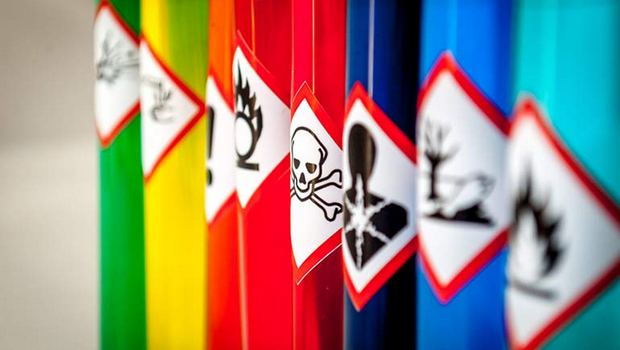PFAS ban proposals expected February 7

Full details of the PFAS restrictions proposed by five European countries, which could include bans on some lower GWP HFC/HFO refrigerants, will be published on February 7.
The proposals by the national authorities of Denmark, Germany, the Netherlands, Norway and Sweden were submitted to the European Chemicals Agency (ECHA) on January 13. The ECHA is now carrying out the required administrative checks before the proposed restriction and supporting documents are made available.
The restriction proposal comes after the five authorities found risks in the manufacture, placement on the market and use of PFASs that are not adequately controlled and need to be addressed through the European REACH regulations. The REACH (Registration, Evaluation, Authorisation and Restriction of Chemicals) regulation governs which chemicals can be manufactured and used within the EU.
PFAS – perfluoroalkyls and polyfluoroalky – are known to be highly persistent in the environment, contaminating groundwater, surface water and soil, and causing serious health effects such as cancer and liver damage.
There are concerns that a number of lower GWP HFC and H©FO refrigerants could be included within the restriction proposals. While the actual refrigerants under threat have not yet been established, the refrigerant manufacturers claim that those in scope have very low toxicity to both terrestrial plants and aquatic organisms, as well as to humans, and display no observable evidence to suggest genetic, reproductive, developmental, or carcinogenic toxicity in humans.
Timeline
Following publication of the proposal, the ECHA’s scientific committees for risk assessment (RAC) and for socio-economic analysis (SEAC) will check that the proposed restriction meets the legal requirements of REACH in their meetings in March. If it does, the committees will begin their scientific evaluation of the proposal.
The ECHA is planning a six-month consultation period starting on March 22. An online information session will be organised on April 5 to explain the restriction process and help those interested in participating in the consultation.
The opinions of RAC and SEAC are normally ready within 12 months of the start of the scientific evaluation, in accordance with REACH. However, in view of the complexity of the proposal and the extent of information that is expected from the consultation, the ECHA admits that the committees may need more time to finalise their opinions.
Once the opinions are adopted, they are sent to the European Commission, who together with the EU Member States will then decide on a potential restriction.
